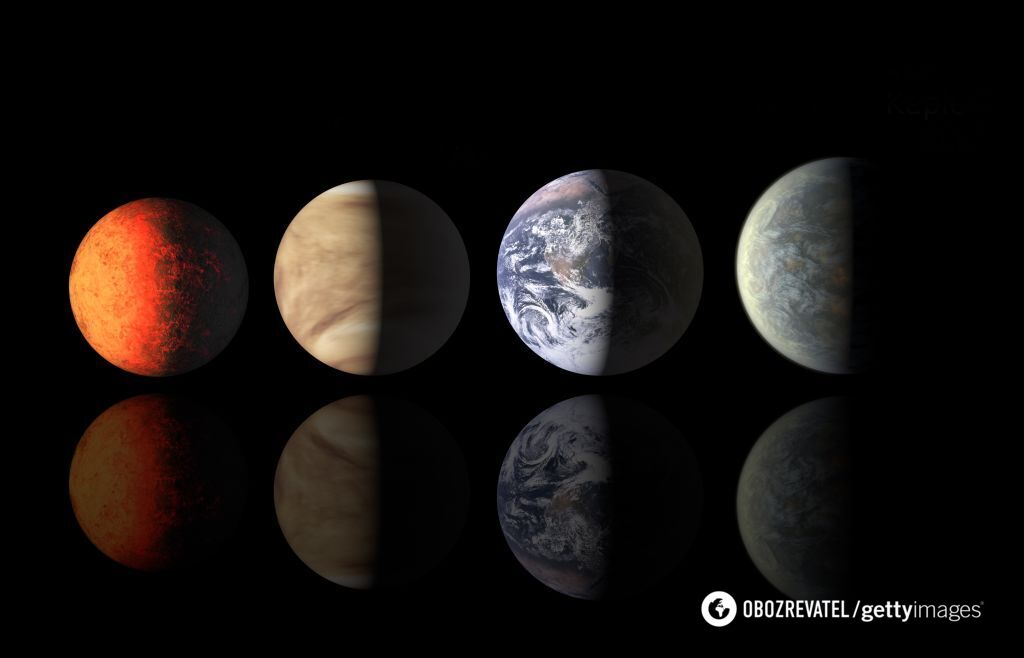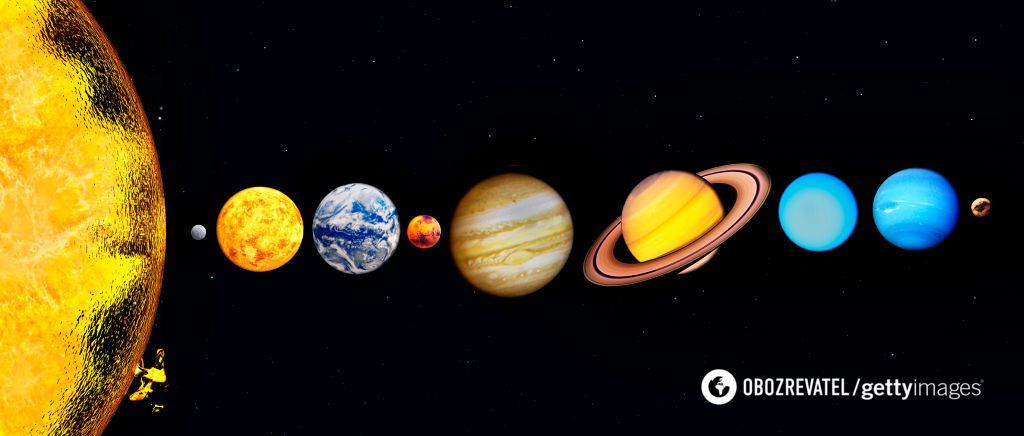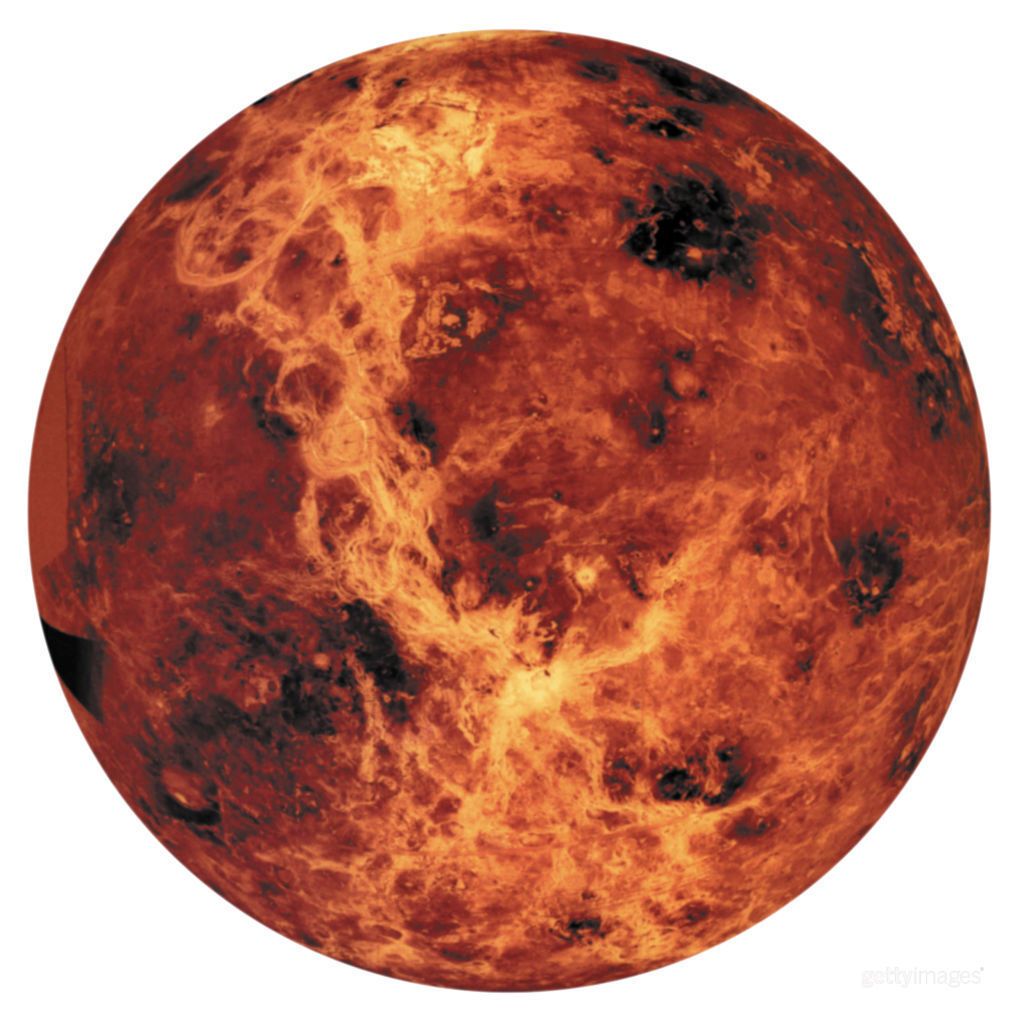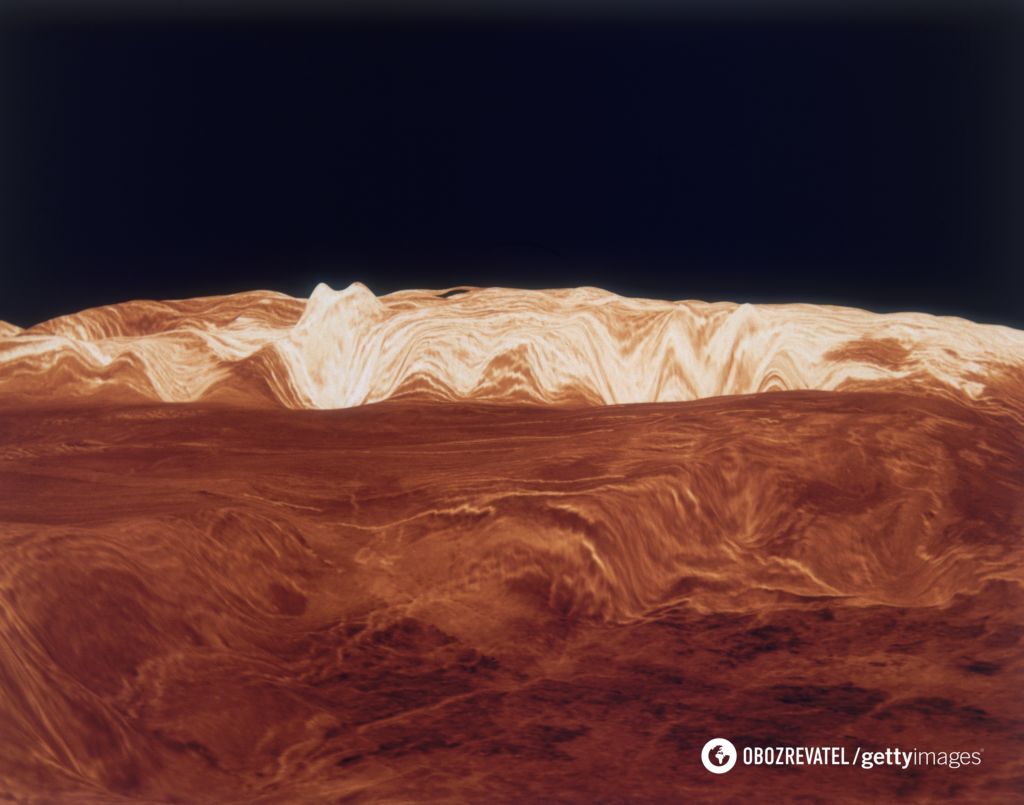News
Scientists find surprising clue to Venus' past in its atmosphere
Scientists have solved the riddle of the mysterious Venus' past. They found a clue in the planet's atmosphere.
According to scientists, the secret lies in the ratio of two specific elements. We are talking about deuterium and hydrogen, Space.com reports.
Researchers have noticed something unexpected in the atmosphere of Venus – an increase in the level of deuterium relative to hydrogen. According to scientists, the consequences of this discovery could revolutionize our current understanding of the world of this planet.
"Venus is often called Earth's twin because of its similar size. Despite the similarities between the two planets, they developed differently. Unlike the Earth, Venus has extreme surface conditions," said Hiroki Karyu, a scientist at Tohoku University and one of the study's participants.
Liquid water cannot exist in significant quantities due to the extreme temperatures and pressures beneath the thick layers of Venus' clouds. But that doesn't mean it's always been this way.
According to scientists, deuterium and hydrogen are isotopes of each other, meaning that they are different forms of the same element that contain the same number of protons but different numbers of neutrons in their nuclei. This causes them to have different atomic weights, but their chemical properties remain relatively the same.
It is believed that Venus and Earth once had the same HDO/H2O ratios because both planets formed in a hot region of the early solar system where water could not condense.
Water was later delivered to the worlds by water-rich asteroids, probably from the outer asteroid belt, which should have resulted in a similar deuterium-to-hydrogen (D/H) ratio on both planets. This hypothesis is also supported by the relatively similar amounts of other volatile elements, such as carbon and nitrogen, between Venus and Earth.
But after studying data from the Venus Express space probe, new data has been added to this story. Scientists have found that the ratio of HDO is now 120 times higher compared to H2O in the Venusian atmosphere.
"This enrichment is primarily due to solar radiation, which splits water isotopes in the upper atmosphere to form hydrogen (H) and deuterium (D) atoms. Since H atoms are easier to escape into space due to their lower mass, the HDO/H2O ratio is gradually increasing," the European Space Agency (ESA) scientists emphasized.
ESA experts have also determined that the concentration of water molecules, both H2O and HDO, increases with altitude, particularly between 70 and 110 kilometers above the surface of Venus. In addition, they found that the ratio of HDO to H2O becomes extremely high at these altitudes, more than 1500 times higher than in Earth's oceans. This indicates that Venus' atmosphere contains much more deuterium-rich water than Earth's. This indicates significant differences in the atmospheric processes of the two planets.
The team suggests that these processes may be controlled by climatic mechanisms involving sulfuric acid aerosols (H2SO4), which make up the majority of Venus' clouds.
To understand exactly how the atmosphere of Venus has evolved and how much water it may have lost over time, scientists need to use detailed models that take into account these changes in altitude.
Only verified information is available on the OBOZ.UA Telegram channel and Viber. Do not fall for fakes!































